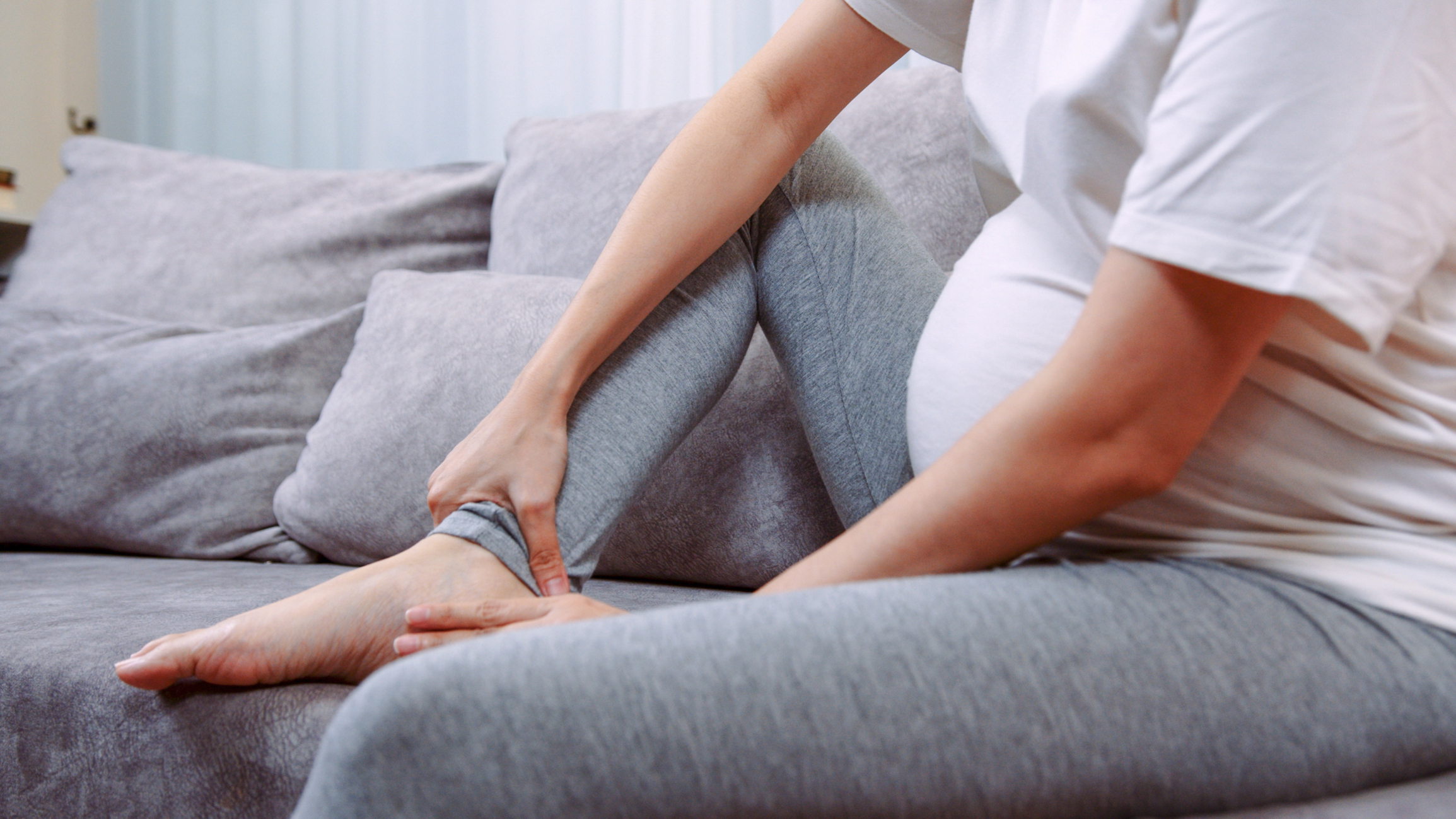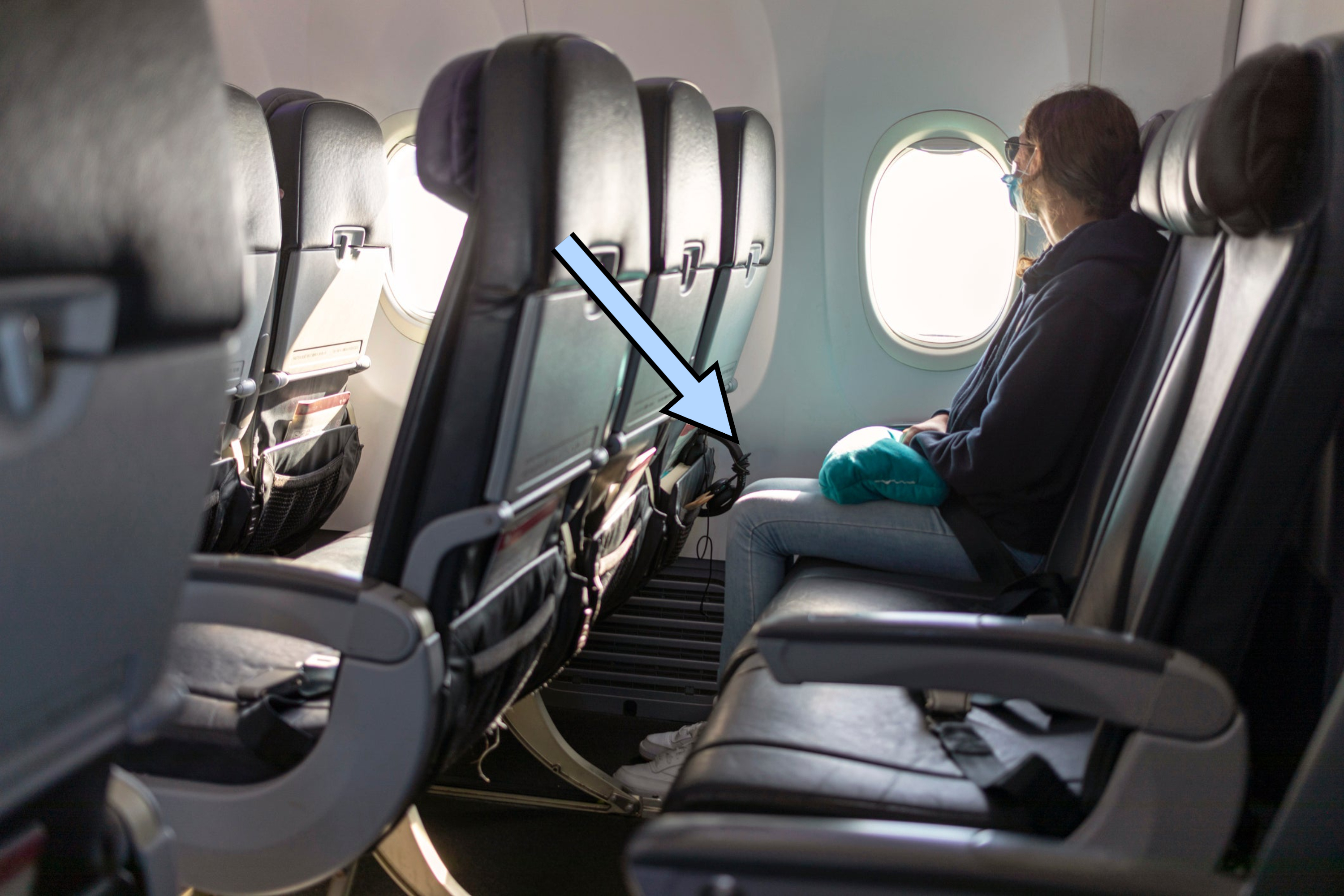Since she posted the video, many have taken to her comments section to share their own experiences after flying while using birth control pills, which were equally eye-opening and a tad worrisome:

Like many others, I had no idea if this was something we should be doing.

Since the video went so viral and alarmed a concerning number of people, including me, I felt it was only necessary to do my due diligence and ask an expert. So I reached out to Dr. Nicole Calloway Rankins, an OB/GYN from Richmond, Virginia, and the creator and host of the All About Pregnancy & Birth podcast, to understand if this is something people who take birth control should be concerned about.

First, I asked her about the risks of blood clotting while you're taking a flight and on birth control. She assured me that "while it is true that birth control pills can increase the risk of blood clots (i.e., DVT and pulmonary embolisms), it's not so much a standard recommendation to get up and stretch every two hours on a flight."

Rankins continued, "There is an increased risk of developing blood clots while on birth control pills, but it's very low, and it's lower than the risks of developing blood clots while pregnant or postpartum."

Rankins added that there's nothing about flying specifically that increases the risk of blood clots, but "it's that while flying, you're generally not moving for a prolonged period of time, and being immobile increases the risk of blood clots forming."

Stretching during long flights or car rides isn't standard recommendation for most people who take birth control pills, but Rankins said, "We do recommend this for pregnant people during flights or a long car ride, given the increased risk of developing blood clots. The risk is that blood clots forming in the legs could potentially travel to the lungs."

And while Rankins said there's no harm in getting up and stretching if you're on the Pill and you sit for long periods of time (whether on a flight, in a car, or at a desk), she said there's no evidence to support that it's necessary.
Still, Rankins said it's important to understand your risks for blood clots when taking birth control pills. She said, "Be sure to thoroughly discuss your medical and family history with your doctor before starting birth control pills, as there are some who may be at higher risk for developing clots based on their personal or family history. The risk also depends on the type of pill and the dose of the hormones (the lower the hormones, the lower the risks)."

Ultimately, Rankins said this is not something she routinely recommends for patients who are on birth control pills and taking a long flight. She said, "The risk of developing blood clots while taking birth control pills is very low. It's not zero, but it is low. So people need to be aware, but not overly concerned."
So there you have it — while it's wise to exercise caution, there is little risk that this is a widespread, alarming concern. I'm happy to be aware of this now, but I can also sleep a little better knowing my risks.

